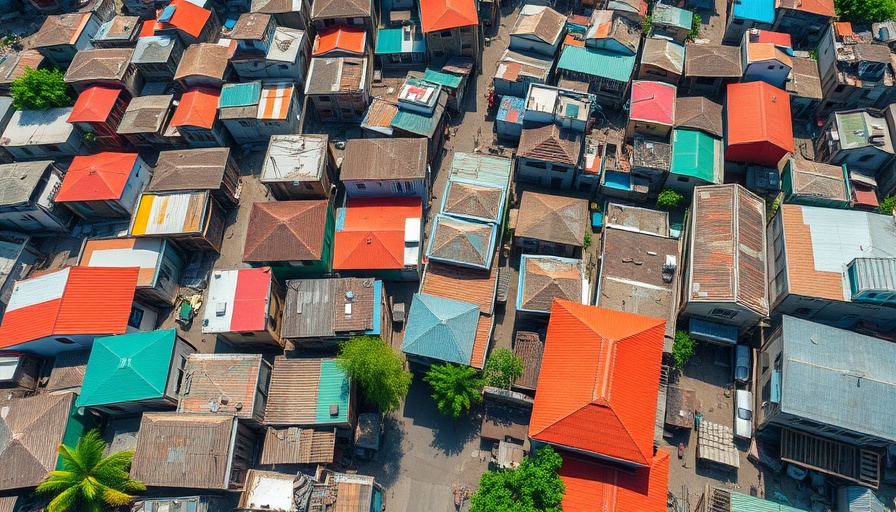
ASEAN Faces Urgent Plastic Crisis: The Cost of Inaction
Southeast Asia is on the brink of a pressing environmental challenge that necessitates a staggering investment of US$178 billion to effectively tackle the issue of plastic waste leakage into the oceans by 2050. This revelation comes from a comprehensive study conducted by the Organisation for Economic Cooperation and Development (OECD), emphasizing how crucial it is for countries, especially lower-middle-income nations, to address this escalating problem.
Countries like the Philippines, Vietnam, Laos, Cambodia, and Myanmar will be disproportionately affected, each needing to allocate more than 3% of their gross domestic product (GDP) towards waste management and sustainable practices. Alarmingly, the Philippines leads the world, being responsible for approximately 35% of global plastic waste leakage—a stark wake-up call for eco-conscious communities and policymakers.
The Economic Burden of Plastic Waste
To put the investment estimated by the OECD in perspective, it encompasses the costs associated with plastic waste collection, sorting, treatment, and recycling. Economists stress that the financial mobilization towards circular solutions is not just beneficial but essential for sustainability initiatives. With plastic pollution threatening marine biodiversity and contributing to climate change ramifications, the time for action is now.
Building a Sustainable Future
Adopting rigorous environmental policies is crucial for mitigating plastic waste, but challenges remain. There are significant hurdles like weak waste management practices, limited local capacities, and the integration of informal workers involved in waste management. Solutions that promote a circular economy and foster ethical consumerism can pave the way for sustainable living.
Support Green Solutions
As eco-friendly individuals, we can contribute to the shift towards responsible consumption through our everyday choices. Supporting green businesses and advocating for sustainable practices will not only reduce our individual carbon footprints but also influence policy changes at a larger scale. Our collective effort can help ensure a healthier planet for future generations.
 Add Row
Add Row  Add
Add 



Write A Comment